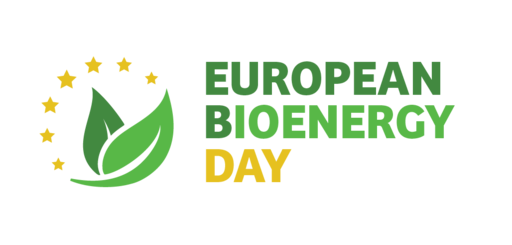Biofuel feedstock
The European biofuel industry is spread between two distinct sectors – bioethanol and biodiesel – which do not rely on the same feedstocks to produce fuel.
According to ePURE, the European renewable ethanol association, 5,55 million tonnes of co-products were produced in 2018, of which 4,20 million tonnes were animal feed. The feedstock used by ePURE members to produce European renewable ethanol, for example, was cereals (75%), sugars (21%) and ligno-cellulosic (4%).
In the EU, bioethanol is mainly produced from grains and sugar beet derivatives. Wheat is generally used in northwestern Europe, while corn is favoured in Central Europe and Spain. Sugar beet users include France, Germany and Belgium. Regarding the volume consumed for ethanol production, the required feedstock for the 2018 production (5,81 million liters of bioethanol) is estimated at 11,11 million metric tonnes of cereals and 2,07 million metric tonnes of sugar equivalent (mainly from sugar beets). In other words, this means that only approx 3,8% of total EU cereal production and 1,7% of total sugar beet production was used for energy purposes in 2018.
Bioethanol is not only a sustainable source of energy due to its low impact on land use, but its production also provides EU farmers with €6,6 billion in income annually. Contrary to popular belief, it does not compete with other grain use, like food production, and does not have a negative impacts on food prices. The UN Food and Agriculture Organisation and the International Food Policy Research Institute even confirm that biofuels and food production can be mutually supportive.
Biodiesel’s most common feedstock remains rapeseed oil, accounting for 38% of total production in 2018, but its position is decreasing considerably, due to the increasing use of palm oil and recycled vegetable oil/used cooking oil (UCO). Palm oil comes second place in terms of feedstock (27%), followed by used cooking oil and animal fats (17% and 8% of the total biodiesel feedstock, respectively). UCO is the third most-important feedstock, with the Netherlands, the United Kingdom and Germany in the lead. Other sources of biofuel, such as wood, fatty acids or cottonseed oil, are used depending on local/national production.
